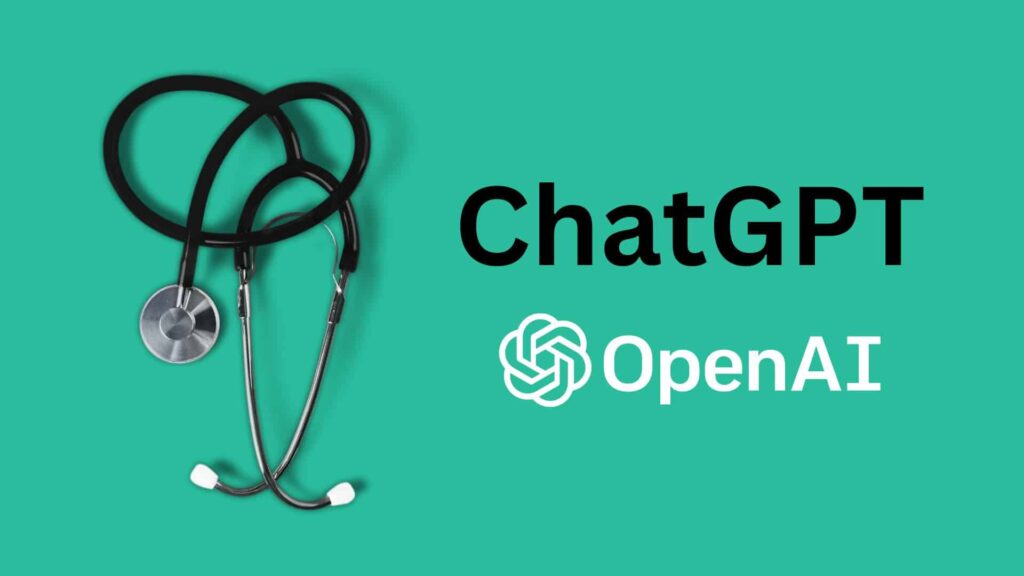
In a groundbreaking achievement, the highly advanced language model ChatGPT has passed the United States Medical Licensing Examination (USML). Experts in the field of artificial intelligence and medicine alike have met the news with excitement and enthusiasm.
However, the USML is a rigorous exam that tests the knowledge and skills of medical students and professionals. People who want to practice medicine in the United States take this test. Furthermore, the exam divides into three parts, and to become licensed to practice medicine in the US, one must pass all three parts. Passing the test is no small feat as it is known for its difficulty.
ChatGPT has been making headlines in recent years for its remarkable natural language processing abilities. The language model training on an unprecedented amount of data allows it to understand and generate human-like text with a high degree of accuracy. Moreover, its capabilities have made it an invaluable tool in a wide range of industries, including healthcare.
To prepare for the USML, ChatGPT underwent extensive training and was fed vast amounts of medical knowledge and terminology. In addition, its developers worked tirelessly. The developers ensured that they equipped the language model with the necessary knowledge to pass the exam. And pass it did.
Also read: Bing Chatbot has some unsettling conversations and makes it controversial
Moreover, people have praised the news along with the excitement of ChatGPT’s achievement. Experts in the field of medicine have hailed the language model’s success as a significant step forward in the development of AI-powered healthcare tools. They see ChatGPT’s ability to pass the USMLE as evidence of its potential to revolutionize the medical industry.
In addition, OpenAI CEO Sam Altman said, “We are thrilled that ChatGPT has passed the USML Examination. This achievement is a testament to the incredible capabilities of AI and its potential to transform the field of medicine. We believe that AI-powered tools like ChatGPT will play an increasingly important role in healthcare in the years to come.”
As for what’s next for ChatGPT, the possibilities are endless. Its success in passing the USMLE opens up new avenues for the language model to contribute to the medical field. Doctors and medical engineers can use ChatGPT for things such as helping diagnose and treat patients, aiding in medical research, and much more. The future of AI-powered healthcare is looking brighter than ever before.
